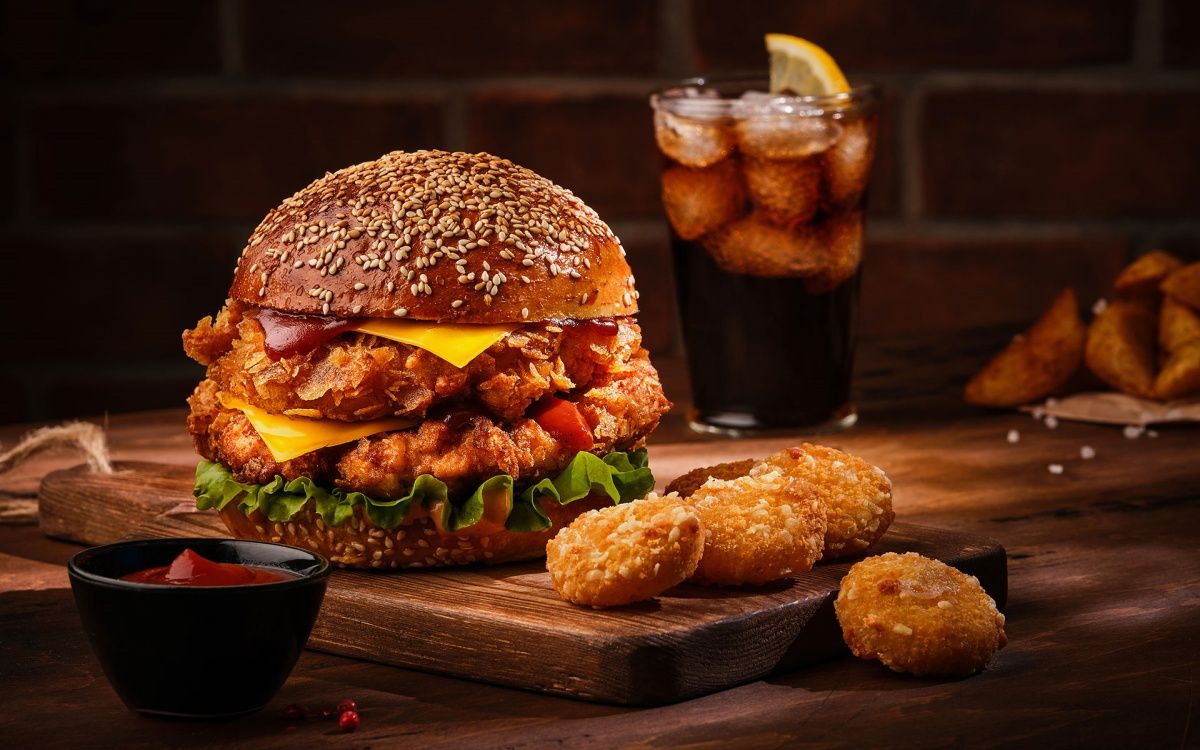Read on to learn more.
Foods to Avoid
Fast food might taste great, but it’s not something you should consume in excess. Fast food consumption reduces the growth of good bacteria, and causes inflammation as it’s full of sodium and unhealthy fats. It’s also linked to adverse effects on the metabolism by slowing it down and storing fat. You'll also want to avoid alcohol and sugary juices as they cause bloating while disrupting digestion.
Processed baked goods and meats are other foods you shouldn’t eat. Ultimately, fried food, even when cooked at home, should be enjoyed in moderation.
Healthy Alternatives
Instead of unhealthy food products, choose foods that are helpful for gut health. Choices include good carbs like potatoes, lean proteins like fish and meat, healthy fats like olive oil and avocados, nuts and seeds for snacks, and green leafy vegetables.
Fruits (especially bananas) are a good choice since they’re high in fiber and promote healthy gut bacteria like bifidobacterial. Medical experts also recommend a diverse diet of whole foods, as that can be helpful in promoting a diverse microbiome.
Supplements Can Help
Research suggests that taking probiotic supplements or consuming probiotic-rich foods will help eliminate bacteria and/or parasites. Examples include sauerkraut or a yogurt-based drink known as kefir. Fermented foods reduce disease-causing microbes. Chickpeas and raw garlic are other options that you may enjoy. Eat healthy and avoid consuming things you know aren’t good for you.

